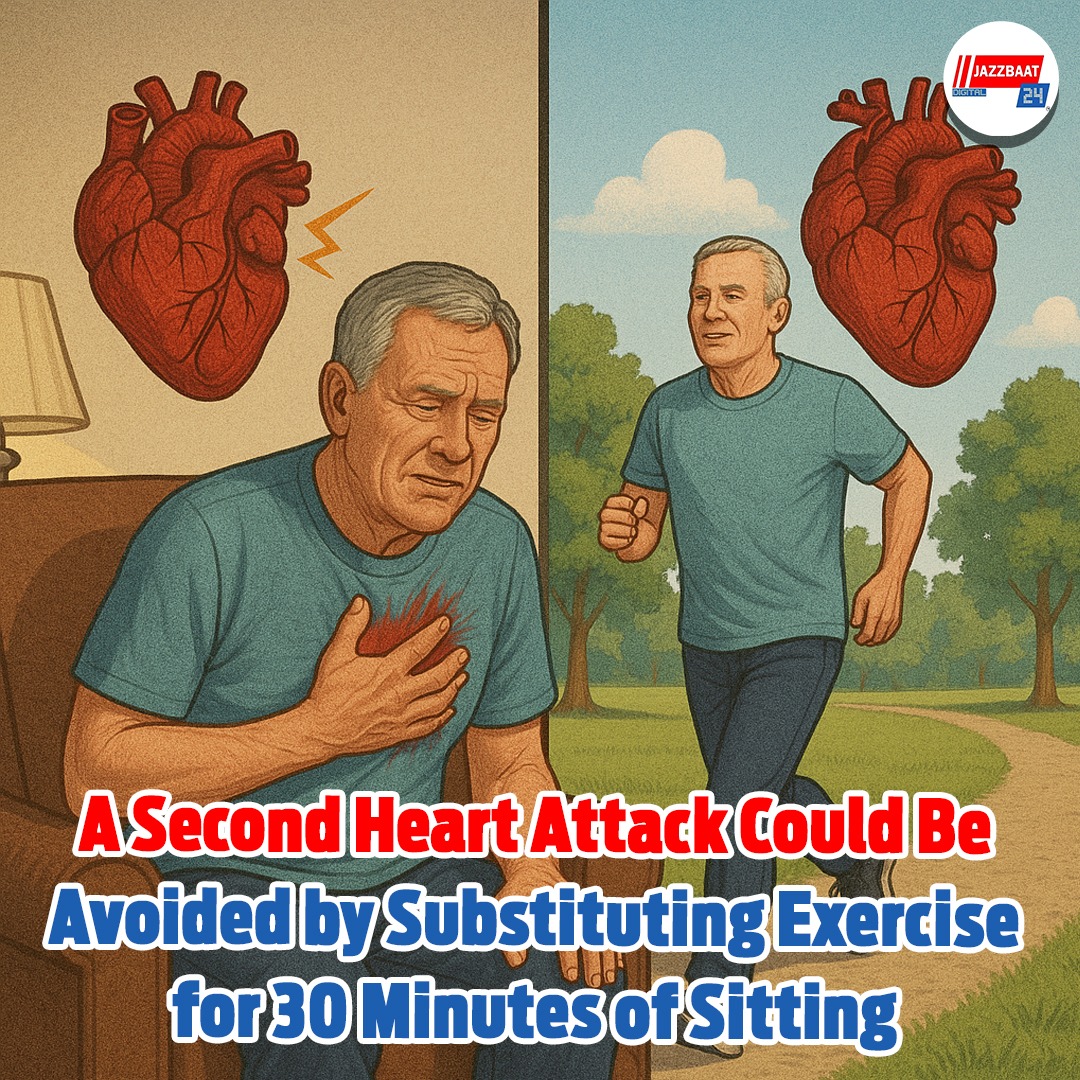
Approximately one out of five individuals who have had a heart attack will have another one within five years.
Survivors of heart attacks are also more likely to develop other cardiovascular conditions, such heart failure, which can be prevented by changing their lifestyle to include more exercise.
According to a recent study, those who are overly sedentary following a heart attack are more likely to experience another cardiovascular catastrophe. According to researchers, substituting light-intensity or moderate-to-vigorous-intensity physical activity, or sleep, for 30 minutes of sedentary behaviour can reduce the risk of a secondary cardiovascular incident.
A new study highlights the significant risks heart attack survivors face and proposes that reducing sedentary behavior can dramatically lower their chances of a secondary cardiovascular event. According to Keith Diaz, lead author of the study published in Circulation: Cardiovascular Quality and Outcomes, about one in five heart attack survivors experience another event within five years, underscoring the urgent need for additional risk reduction strategies.
The research, involving over 600 adults who wore wrist accelerometers post-heart attack, found that those who spent over 14 hours a day sedentary more than doubled their risk of another cardiac event or re-hospitalization within a year. This indicates that prolonged sitting is a "toxic, harmful behavior" irrespective of exercise levels. Diaz noted that many survivors, fearful of intense exercise due to its sensations reminding them of their heart attack, become extremely sedentary, sitting for over 13 hours daily.
Conversely, replacing just 30 minutes of sedentary time with light-intensity physical activity lowered the risk of a secondary heart event or death by 50%. Substituting 30 minutes of sitting with moderate to vigorous activity further reduced the risk by 61%. This suggests that "doing something is better than doing nothing," making a healthy lifestyle more accessible even for those who find intense exercise difficult. Additionally, replacing 30 minutes of sedentary time with sleep reduced the risk by 14%, emphasizing sleep's restorative benefits for recovery. These findings offer an encouraging message that small, achievable steps can significantly impact health outcomes for heart attack survivors.